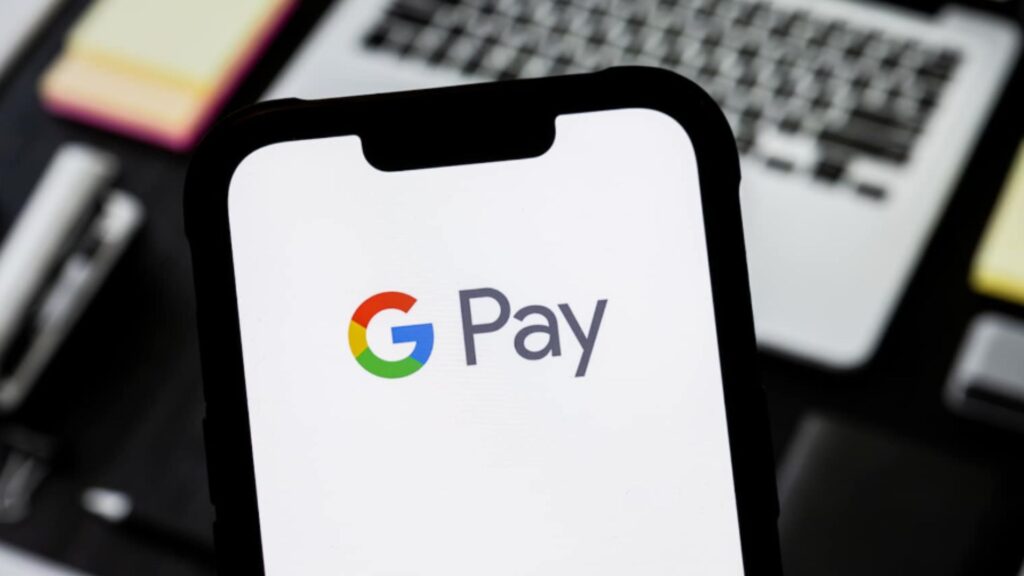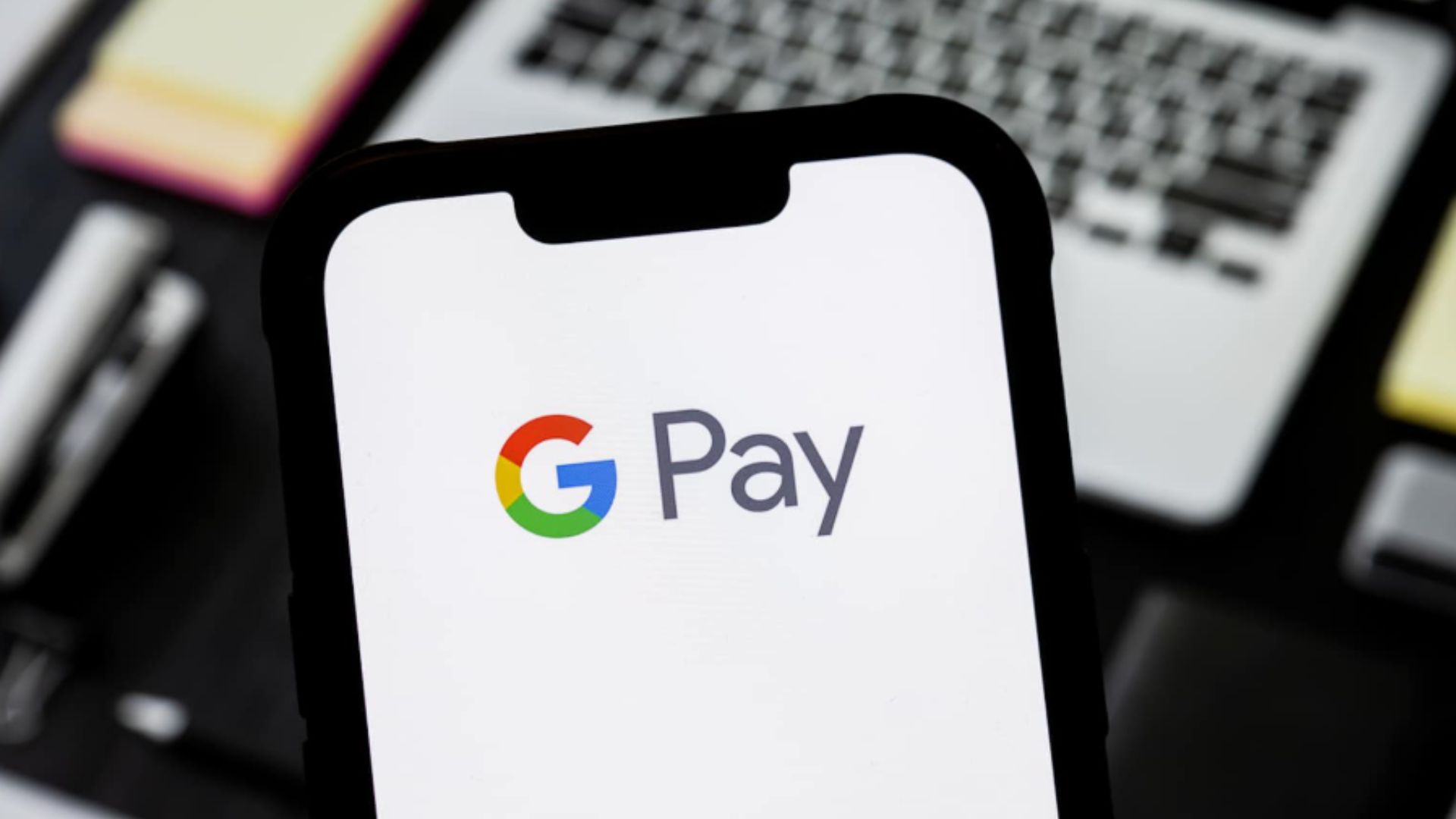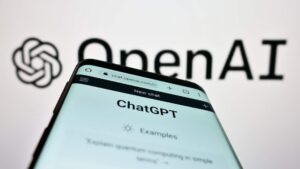
Google has launched its Agent Payments Protocol (AP2) to standardize autonomous AI commerce with built-in stablecoin support. Backed by over 60 organizations—including Coinbase, Mastercard and PayPal—AP2 creates a secure framework where AI agents initiate purchases with verifiable authorization chains and full accountability.
Unlike traditional e-commerce systems built for human transactions, AP2 enables AI agents to negotiate, approve and execute payments using an integrated crypto rail. Google Cloud’s head of Web3, James Tromans, explains that AP2 was “built from the ground up to factor in both heritage payment rails and forthcoming stablecoin capabilities” via TechCrunch.
Crypto Integration Powers Agent Commerce
Developed in collaboration with the Ethereum Foundation and Coinbase, AP2 supports the x402 protocol for seamless AI-driven wallet payments. Coinbase’s head of engineering, Erik Reppel, notes the shared mission: “We’re all working to figure out how we can make AI transmit value to each other” according to Google’s developer blog.
MetaMask integration further enhances interoperability, allowing agents to transact securely across multiple crypto networks. This opens new possibilities for decentralized autonomous organizations and AI marketplaces.
Two-Mandate Security Architecture
AP2 employs a dual-mandate model requiring:
- An intent mandate to authorize agents to search, compare and negotiate terms
- A cart mandate for final purchase approval, enforcing price limits, timing and parameters
For routine purchases, agents can auto-generate cart mandates, but intent mandates must include detailed constraints—ensuring traceable audit trails and robust fraud prevention as detailed on CloudSteak.
Building on Existing Google Protocols
AP2 extends Google’s Agent2Agent (A2A) communication standard and integrates with Anthropic’s Model Context Protocol (MCP), forming a unified ecosystem for AI agent interoperability and transactions. Google emphasizes open collaboration, publishing full specifications on GitHub and engaging industry standards bodies to refine and expand AP2.












